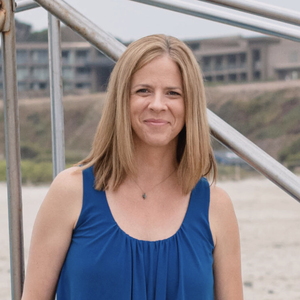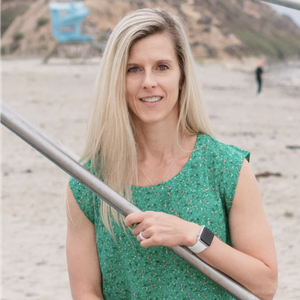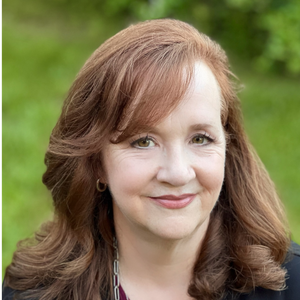
Dawnmarie Gaivin
Cofounder of Empowered2Dawnmarie Gaivin, RN, BSN, AT-ACP is the cofounder of Empowered2 & founder of Transcending Apraxia, a Spelling to Communicate and purposeful motor skill practice based in Oceanside, CA. She is an RN, a DIR/Floortime® provider, a registered S2C Practitioner, and an Assistive Technology Specialist (AT-ACP). But what she considers more important than any of these credentials is the fact that she is the proud mother to two autistic teenage boys herself, Evan and Trey. Her children have inspired her specific passion to support non and minimal speakers in the development of a reliable form of communication.

Dana Johnson
Cofounder of Empowered2Dr. Dana Johnson, PhD, MS, OTR/L is a cofounder of Empowered2, owner of Interplay Therapy Center, and Founder of Invictus Academy Tampa Bay, a non-profit private school for students with sensory motor differences. Dr. Johnson has a Master’s Degree in Occupational Therapy and a PhD in Child and Adolescent Mental Health and Development and has worked with individuals with motor and sensory differences for over 15 years. Her private practice opened in 2010 and has grown to serve children, adolescents and adults with motor and sensory differences, including autism, apraxia, sensory integration disorders, and other developmental disabilities.

Elizabeth Zielinski
Founder, Lead Advocate of Commonwealth Education GroupElizabeth Zielinski is the founder and lead advocate of Virginia-based Commonwealth Education Group, LLC; a special education consulting practice designed to bring together collaborative teams in a variety of educational specialty areas toward the common goal of assisting client families to improve their student’s education plan.
Her work as a special education advocate assists clients throughout the United States representing a wide variety of disabilities, but her specific area of interest is complex communication disorders. She has received specialized training in advocacy from leading organizations in special education; including the Council of Parent Attorneys and Advocates (COPAA), Wrightslaw, The Arc of the United States, and the Center for Appropriate Dispute Resolution in Special Education (CADRE); just to name a few.
Her approach to advocacy is cooperative and respectful; and she operates from the belief that the best dispute is the one you avoid – as long as your rights and contributions are protected in the process. She brings a passion to her work that comes from parenting two sons with IEPs, one of whom is unreliably speaking and has used a letter board to communicate since 2015.